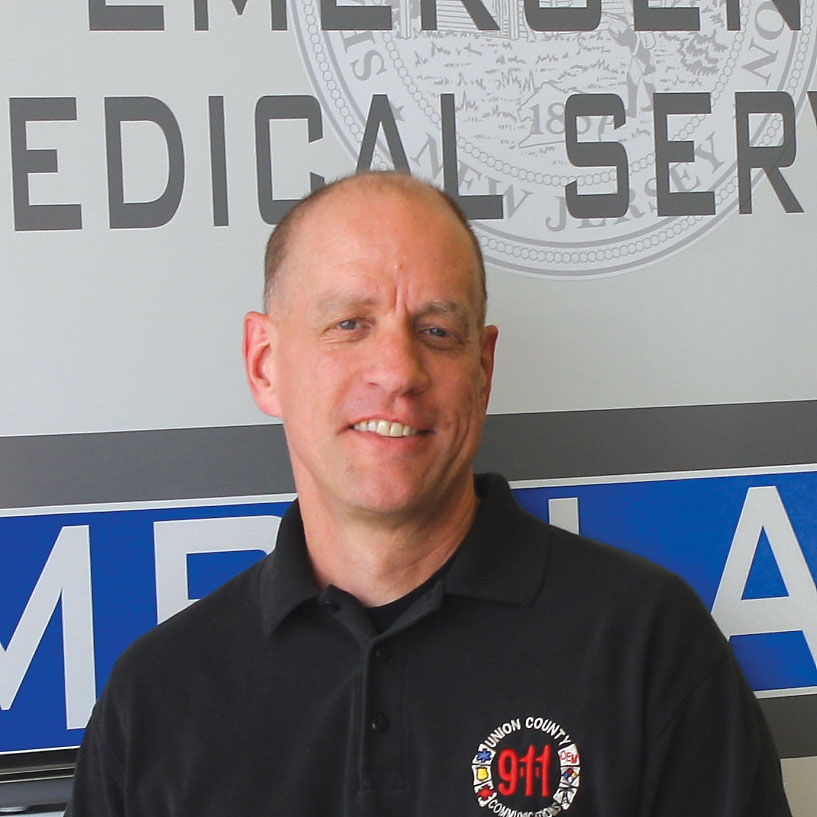

The Test Case Button

Columns
Art Braunschweiger

Imagine you’re hiking in a large national park. You’re following a trail that’s very familiar to you. Suddenly you stop short: The trail is washed out ahead. You can’t go back because it’s getting dark. Will you be able to navigate safely through unfamiliar terrain to reach your destination?
ProQA® is like a GPS. It will take you to places you’ve never been before. The problem is, calls become routine. We tend to be lulled into complacency by all the difficulty breathing, fall injuries, and chest pain calls that go the same way every time.
I’m old enough to remember driving without a GPS. Even more recently, the days before Google maps seem like the Dark Ages. But back then, in one way I was better prepared before I set out on a trip: I had a printed map, and I studied it ahead of time. I knew the general route, the highway numbers and exit number. Now, I trust my GPS to get me there. Why look at a map when the electronic voice of my choosing will confidently tell me where to go?
Sooner or later, you’ll have a call that takes an unexpected turn. The caller can’t roll the patient onto her back. You’re told the patient is awake but not breathing. Or you direct the caller to begin compressions, and she tells you the patient is on a ventilator. These are the types of scenarios that can cause your call to come to a grinding halt unless you know what to do.
We can’t prepare for every possible scenario. And, of course, trusting and following ProQA will get you through nearly all of them. Two years ago, I handled a breech birth with complications I’d never dealt with and found myself giving a set of instructions I’d never seen before. Such is the strength of the protocols. But we can better handle those situations by being prepared for them mentally and academically.
Mental preparation involves nothing more than being ready for anything at any time. Never anticipate what a caller will tell you or what an answer to your question will be. Academic preparation, on the other hand, involves a little more work because if you want knowledge you have to go after it. We don’t become skilled through osmosis. Fortunately, ProQA has an incredibly convenient skill-builder that’s built right into the software. It’s called the Test Case button and is located to the right of the “What happened” field. When enabled through Paramount’s Admin Utility, it allows dispatchers to run test calls through ProQA and identify them as such so they can be filtered out of reports and calls for review. (Note: Many CAD systems are capable of launching ProQA without sending a new call to the Waiting incidents Queue so that a Test Case remains unseen by anyone other than the emergency dispatcher running it.)

That gives each individual dispatcher a very powerful learning tool. Calls can be rerun at a slower pace so that Key Question answer choices can be studied. Different Pre-Arrival pathways can be explored. Difficult calls can be rerun step by step to make sure the correct pathway was followed. Or calls can simply be practiced for proficiency—all from our own consoles at our own convenience, often immediately after a call while the details are fresh in our mind. Every one of us, regardless of our experience with ProQA, should be running test calls almost daily.
Ultimately each of us is responsible for our own proficiency. Don’t wait for the next call to learn something. Go after the knowledge by running test cases. Develop an insatiable curiosity about the protocols and ProQA and make your goal to learn something new about them every day.







